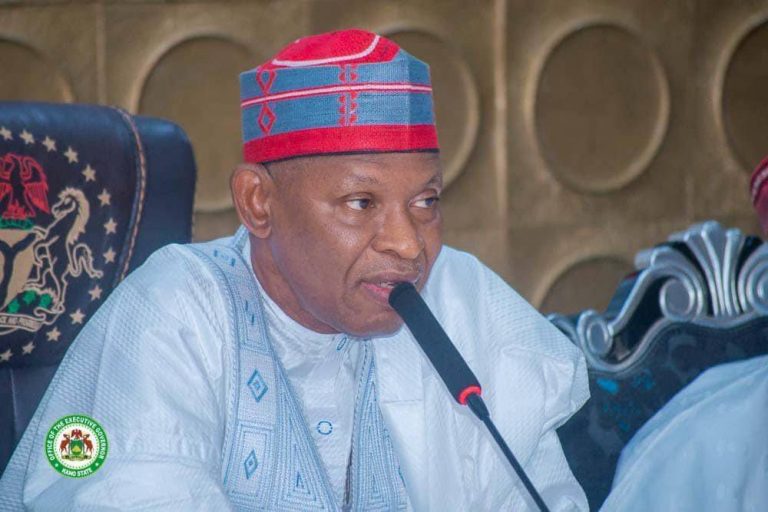The Kano State Government has pledged to take decisive action against any teacher or school staff member found guilty of sexually harassing students, declaring that offenders will face the full wrath of the law.
This strong stance was made public in a statement released on Wednesday by Ibrahim Sumaila, the Senior Special Assistant to Governor Abba Kabir Yusuf on Student Matters. Sumaila made the remarks during a high-level stakeholders’ meeting organized by the Centre for Awareness on Justice and Accountability (CAJA), aimed at tackling the growing incidence of sexual harassment in educational institutions.
“As an Islamic state, Kano will not fold its arms and watch our daughters suffer abuse and humiliation. Any teacher who dares to violate a student will be flushed out and prosecuted without delay,” Sumaila declared.
The event also marked the launch of a six-month project by CAJA to curb sexual harassment through institutional policy reforms. The initiative is supported by the Nigerian Women’s Trust Fund and other advocacy groups.
Speaking at the event, CAJA Executive Director Kabiru Dakata emphasized the urgent need for clear, standalone sexual harassment policies in both secondary and tertiary institutions.
“Many institutions either lack specific policies or bury such issues in vague student handbooks,” Dakata said. “We worked for three years pushing for a national law on sexual harassment, but now we are targeting the low-hanging fruit—individual institutions.”
Dakata lamented the systemic failure that leaves many students without a safe channel to report harassment, resulting in trauma, academic setbacks, and school dropouts.
Barrister Maryam Ahmad Abubakar, a legal expert and guest speaker, described sexual harassment as any unwelcome behavior—verbal, physical, or psychological—that creates a hostile academic environment. She stressed the need for awareness, boundary education, and moral teachings rooted in religious and cultural values.
Proposed strategies at the meeting included stricter penalties for offenders, revising employment and admission age policies, and integrating moral instruction into the curriculum. The project also aims to empower survivors as peer advocates, produce educational materials, and carry out advocacy in select institutions across Kano.
The Kano government expressed its commitment to supporting NGOs and partners leading the charge for safer learning environments, signaling a turning point in the fight against sexual harassment in the state’s schools.

